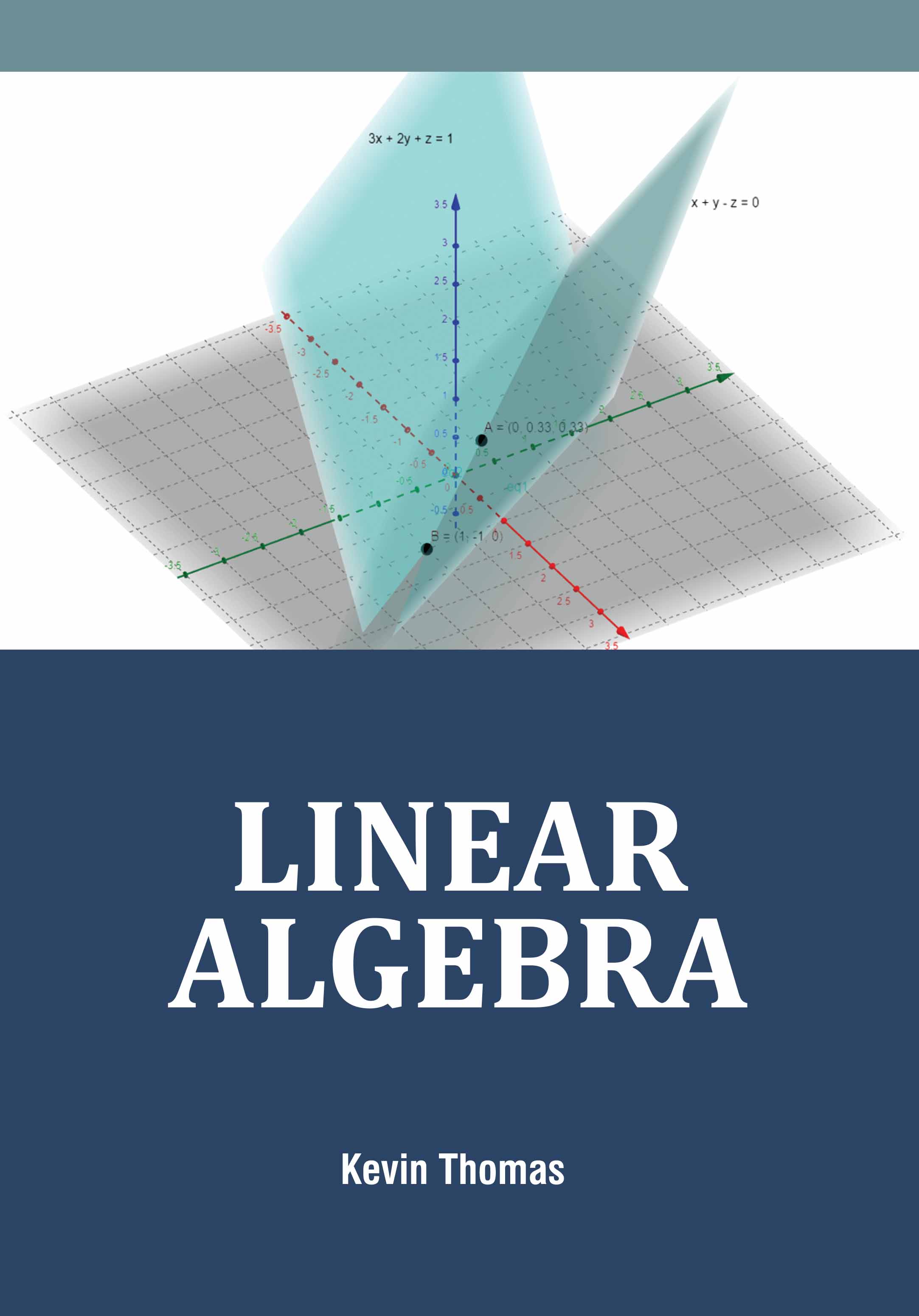About This Book
A Textbook of Fungi offers a comprehensive exploration of the fascinating and diverse kingdom of
fungi, which includes yeasts, molds, mushrooms, and other organisms. Fungi play crucial roles in
ecosystems, serving as decomposers, symbiotic partners, and pathogens. This textbook begins
with an introduction to the basic characteristics of fungi, including their unique cellular structure,
nutritional modes, and reproductive methods. Unlike plants, fungi are heterotrophic organisms
that obtain nutrients through absorption, breaking down organic material. The book delves into
the classification and taxonomy of fungi, describing the major groups, including chytridiomycota,
zygomycota, ascomycota, and basidiomycota. Each group has distinct reproductive features and
life cycles, which are essential for their identification and study. The textbook also covers fungal
anatomy and morphology, explaining the structure of the mycelium, hyphae, and fruiting bodies,
which vary widely across different fungal species. Additionally, the textbook explores the
ecological roles of fungi, including their participation in nutrient cycling, symbiosis with plants
(mycorrhizae), and relationships with animals. The book emphasizes the importance of fungi in
biotechnology, such as their use in medicine (antibiotics), food production (fermentation), and
industrial applications (enzymes). It also discusses the impact of fungi as pathogens on plants,
animals, and humans, underlining their significance in both beneficial and harmful contexts. A
Textbook of Fungi provides an in-depth study of fungal biology, classification, ecology, and their
diverse roles in ecosystems and biotechnology.
Contents: 1. Introduction, 2. Plant Diseases and Pathogenic Fungal Diversity, 3. Fungal
Reproductive Strategies, 4. Fungal Structure and Physiological Processes, 5. Fungi and Filamentous
Bacteria: Structural and Functional Insights, 6. Diversity and Variability in Fungal Classification,
7. Basics of Fungal Biology and Organismal Interactions, 8. Fungi with Medicinal Properties,
9. Taxonomic Classification of Fungi.

